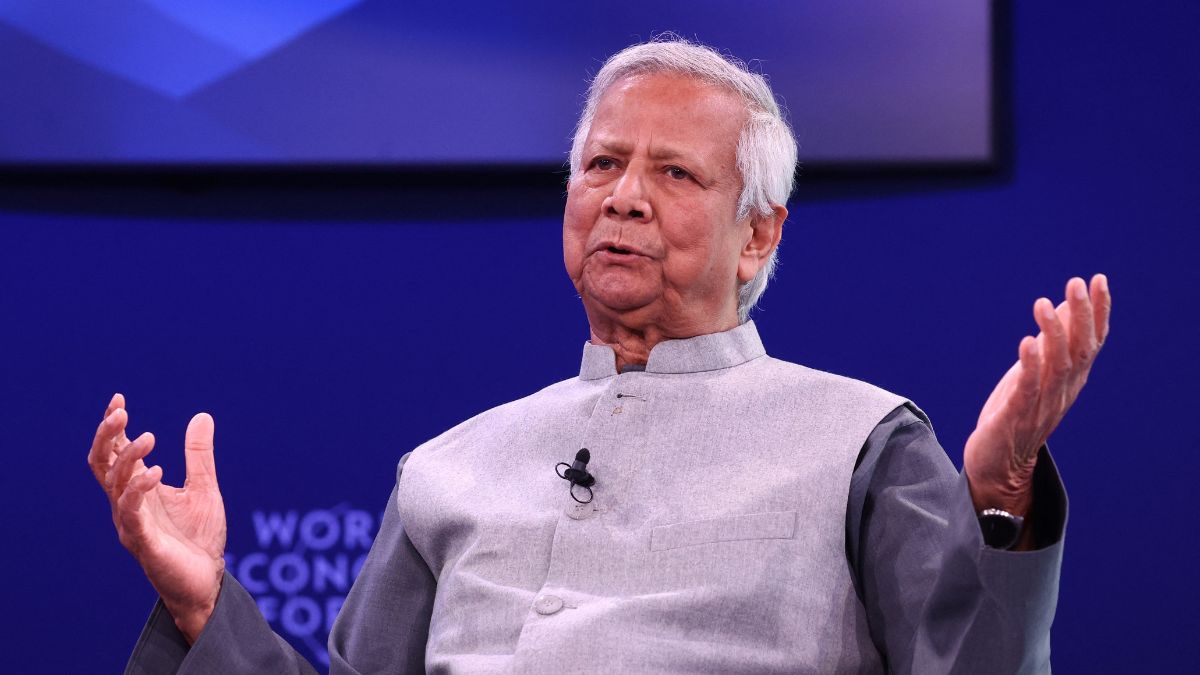Bangladesh’s interim government, led by Chief Adviser Professor Muhammad Yunus, held an unscheduled meeting of the Advisory Council on Saturday following a session of the National Economic Council.
The meeting focused on the interim government’s three core responsibilities: elections, reforms, and justice.
As many as 19 advisers, effectively ministers, joined the abruptly called closed-door meeting, which Yunus decided to convene following a scheduled meeting of the Executive Committee of National Economic Council (ECNEC) at the Sher-e-Bangla Nagar area in Dhaka.
Council members discussed how these responsibilities are being hindered by baseless demands and unauthorised statements and actions, which they say are disrupting governance and spreading confusion among the public.
The council stressed the need for unity to ensure national stability and prevent a return to autocracy. It announced that the government will engage with political parties to clarify its stance and listen to their concerns.
In this regard, the interim government will listen to the views of political parties and will clarify its own position.
“Despite facing numerous obstacles, the interim government continues to carry out its assigned duties, setting aside narrow group interests. However, if the responsibilities placed on the government are rendered impossible due to incitement by defeated forces or as part of foreign conspiracies, the government will present all reasons before the public and take necessary decisions accordingly," it warned.
Yunus is anticipated to meet with the advisors before to consecutive talks with the Jamaat-e-Islami, the BNP, and the Awami League, the opposing party of former Prime Minister Sheikh Hasina. The top adviser’s press wing stated that he will meet with Jamaat leaders at 8:00 p.m. and a BNP delegation at 7:00 p.m. (local time).
Since last August, when Sheikh Hasina was forced to resign due to a student-led insurrection, Yunus has been in charge of the caretaker administration. Yunus returned from exile to manage the temporary arrangement with the support of Students Against Discrimination (SAD), many of whom are now in charge of the NCP.


)

)
)
)
)
)
)
)
)



